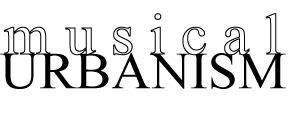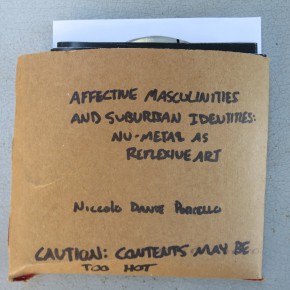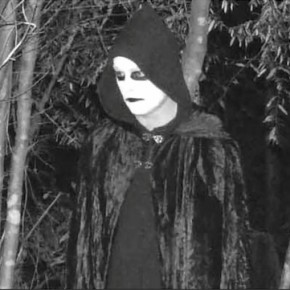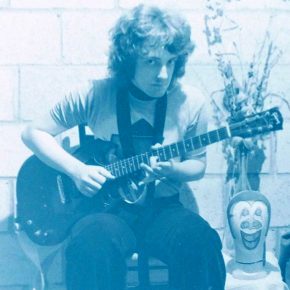
how the Queen Street West scene began, pt. 1: the Thornhill sound
THE EVERGLADES are ambassadors of the Thornhill Sound, a sound long fermenting in the rec rooms and condo apartments just north of STEELES AVE. Among its proponents include: Martha and the Muffins, Johnny and the G-Rays, the B-Girls, and the now defunct Dishes, Cads, E-Static and the legendary Oh Those Pants! Even Canada’s songbird Anne...
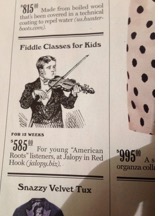
the commodification of Appalachian music: guest blog by Julia Simcoe
[This past year, I had the delight to supervise two Vassar College senior theses that, through no effort of mine, were inspiring and insightful examples of research in musical urbanism. With these students’ permission, I’m going to share their theses on this blog. The first comes from Sociology major Julia Simcoe (‘16), whose work reflects...
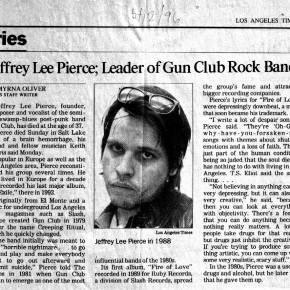
in exile: the rootless cosmopolitanism of Jeffrey Lee Pierce and the Gun Club
I’ve never quite understood why the Gun Club, one of the all-time great Los Angeles bands, had an estranged relationship with their city of origin. It seems to me no local critic or serious music fan can deny their impact on L.A.’s music legacy. One of the great cult bands of rock music, the Gun...
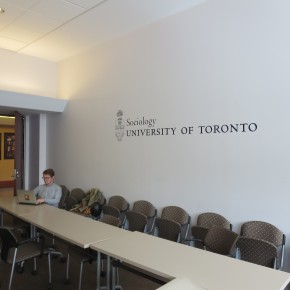
metro music: creativity, place and alienation in the career of Martha & the Muffins
[Presented at the University of Toronto Department of Sociology on May 1, 2015. Thanks to Judith Taylor and John Hannigan for this opportunity.] It’s a pleasure to speak today on a new research project I’m working on. In anticipation of this talk, I had a couple of other topics I could have lectured on with...
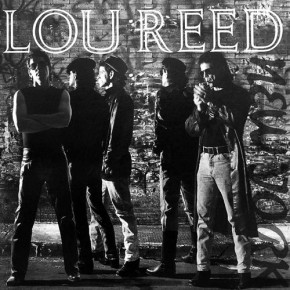
now I have a Lou Reed story
Driving my 7-year-old daughter home from her gymnastics class tonight, we’re listening to the radio. Bruno Mars’ “Gorilla” comes on, and I use the confused irritation she expressed the last time we heard this ode to intoxicated sex (“Why is he singing about gorillas?!”) as excuse to turn the station. I’ve discovered recently that I’m...
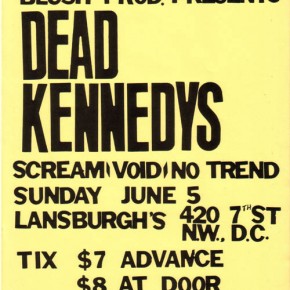
the view from suburbia: Dead Kennedys, Washington DC, 6-5-83
It’s been said 14 is the influential age in the development of our musical tastes. That was the case for me: I find I regularly return to the music that I explored and embraced as my own back around 1983. It wasn’t just what I heard that has shaped my ideas about ‘good’ music, though,...
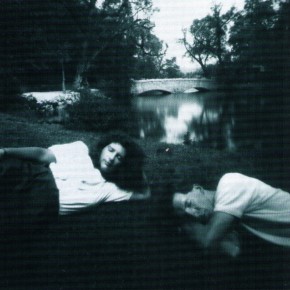
a place that is lost: the geographical visions of Martha and the Muffins
I’ve been drawn instinctively toward the music, aesthetics and story of Martha and the Muffins since I heard their debut album some 30 years ago. In my teenage years I would have ranked their 1983 album Danseparc one of my desert island discs (I still might, come to think of it). My tastes evolved toward the...
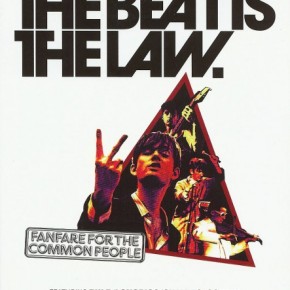
remembering the serious triviality of pop music
Something left unelaborated in my review of Echotone (from the last two posts: here and here) is a larger uneasiness with the instrumentalization of independent or underground music — the reduction of pop music culture from an end in itself to a means for other ends. Although this isn’t a new critique of post-punk music (i.e., music groups inspired...
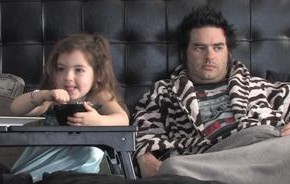
punk-rock dads in suburbia: reflections on “The Other F Word”
I’m still thinking about “The Other F Word,” Andrea Nevins’ new documentary about punk rock musicians who became fathers, since I saw it a week and a half ago at the Woodstock Film Festival. Featuring the dads who play in Pennywise, NOFX, Blink 182, Rancid, Bad Religion, Black Flag, Rise Against, U.S. Bombs, and Fear (represented by...
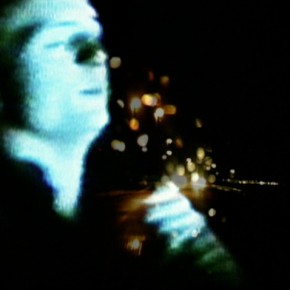
how Joy Division came to sound like Manchester
[Update: this blog post has been expanded and revised into an article for the Journal of Popular Music Studies.] I’m always puzzled when I hear how Elvis Presley or Mick Jagger “sounded black” when they first appeared on the radio. Back in the 70s, when I was a kid listening commercial radio that played pop,...
